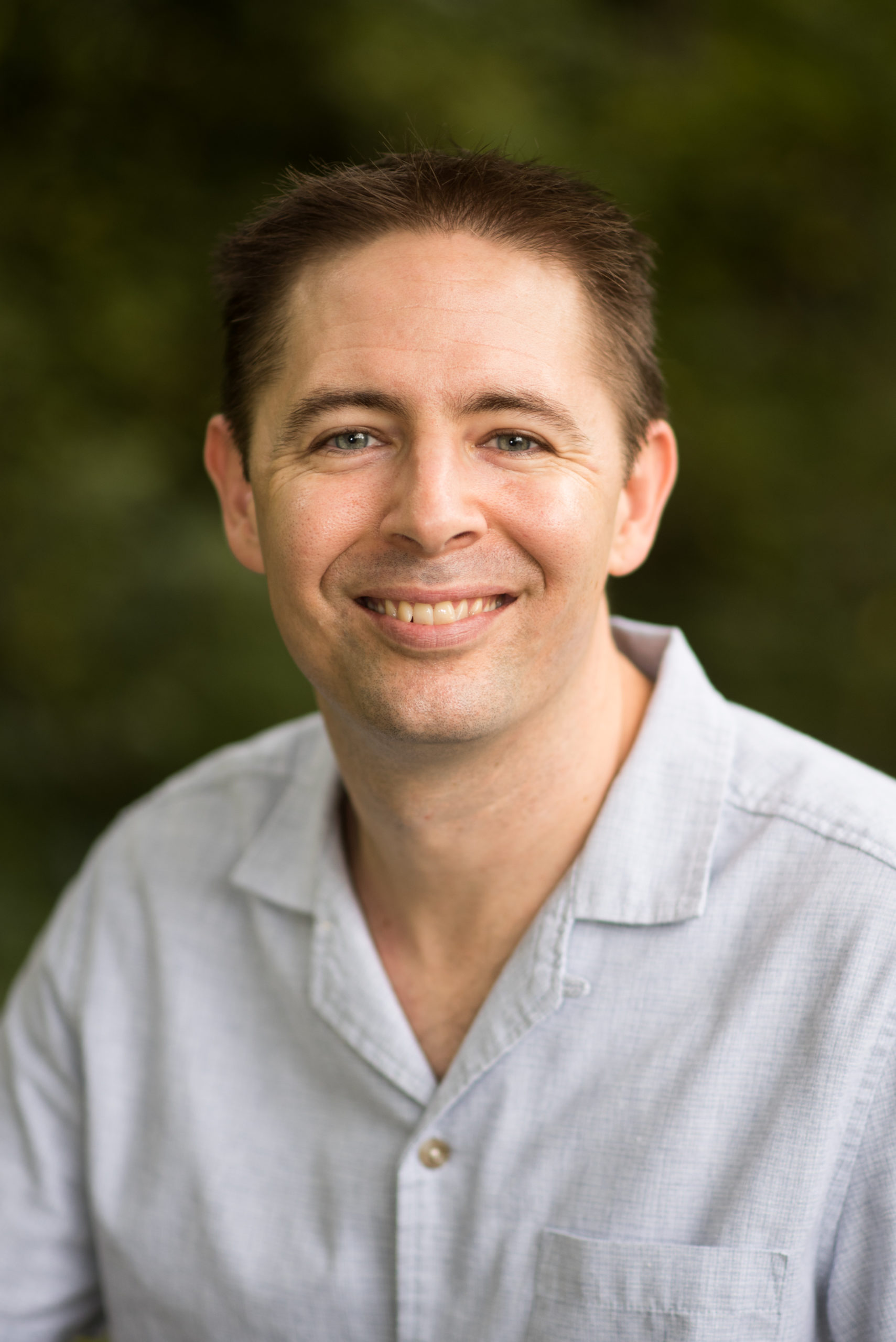
ECE Seminar
Peeking Inside Black Boxes: Understanding Depression Recovery with Deep Brain Stimulation Using Explainable AI
Add to Google Calendar

Abstract:
Neurotechnology advances have created remarkable opportunities to view the internal neural activity underlying complex behavior, opening the possibility of reshaping our understanding of the brain in health and disease. While parallel advances in machine learning algorithms have provided powerful new analysis tools, there is potential to dramatically increase their impact by incorporating approaches that aim to explain opaque “black box” decision-making systems. As a primary illustration, I will describe our recent efforts collecting local field potential (LFP) data from participants undergoing subcallosal cingulate cortex (SCC) deep brain stimulation (DBS) as an experimental therapy for treatment-resistant depression. While SCC DBS can be effective, scaling this technique to an approved therapy requires objective characterization of patient-specific disease trajectories toward stable recovery. I will describe our development of a novel “explainable AI” technique for generating causal post-hoc explanations of black box classifiers based on a learned low-dimensional representations. Using this data-driven approach, we identify unexpected changes in SCC LFP dynamics that correspond to individual recovery trajectories, behavioral changes (reflected in facial expressions), and white matter structural integrity. In addition to illuminating changes to neural dynamics with chronic SCC DBS, our results demonstrate potential biomarkers for future clinical trials and closed-loop neuromodulation systems. As a secondary illustration, I will describe our development of new active relational query approaches that build similarity embeddings for discovering and exploiting the latent subjective organization of complex judgements in humans.
Biosketch:
Christopher J. Rozell is the Julian T. Hightower Chair and Professor of Electrical and Computer Engineering at the Georgia Institute of Technology. He received a B.S.E. degree in Computer Engineering and a B.F.A. degree in Music in 2000 from the University of Michigan, received M.S. and Ph.D. degrees in Electrical Engineering in 2002 and 2007 from Rice University, and was a postdoctoral scholar at the Redwood Center for Theoretical Neuroscience at the University of California, Berkeley. Dr. Rozell’s research interests focus on developing the algorithms underlying closed-loop autonomous interactions between biological and artificial intelligence systems, combining aspects of neuroscience, neuroengineering, control theory, and machine learning. The goal of his work is to advance the understanding of brain function, the engineering of effective interventions for neurologic disorders, and the development of more intelligent engineered systems. Beyond his technical contributions, Dr. Rozell’s scholarly activity also includes research and creative work that advances public engagement on the ethics and policy considerations around emerging areas such as AI, neurotechnology and neuroethics. He was one of six international recipients of the Scholar Award in Studying Complex Systems from the James S. McDonnell Foundation 21st Century Science Initiative, as well as receiving a National Science Foundation CAREER Award and a Sigma Xi Young Faculty Research Award. In addition to his research activity, Dr. Rozell has received numerous teaching awards, including the Class of 1940 W. Howard Ector Outstanding Teacher Award.
 MENU
MENU 
